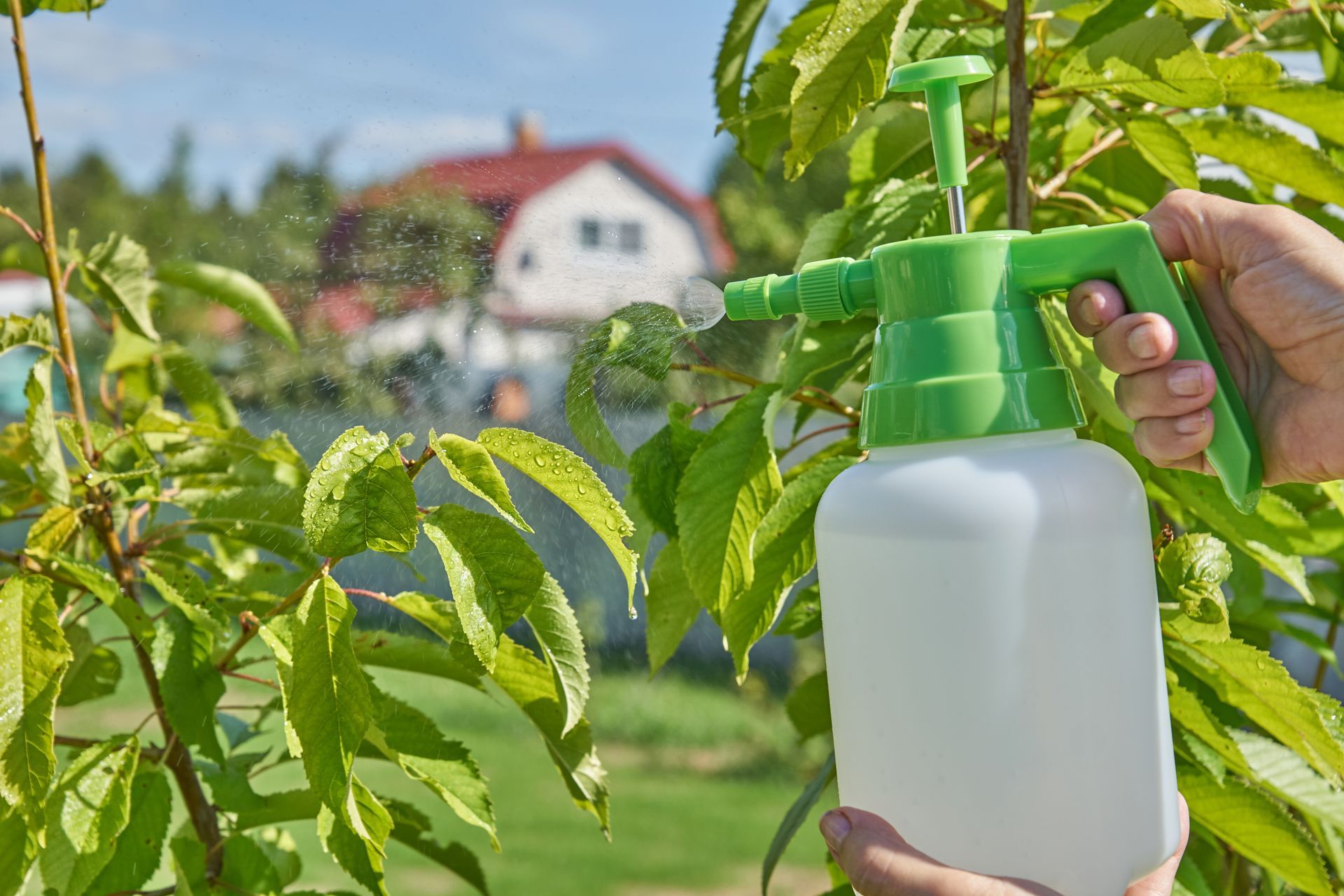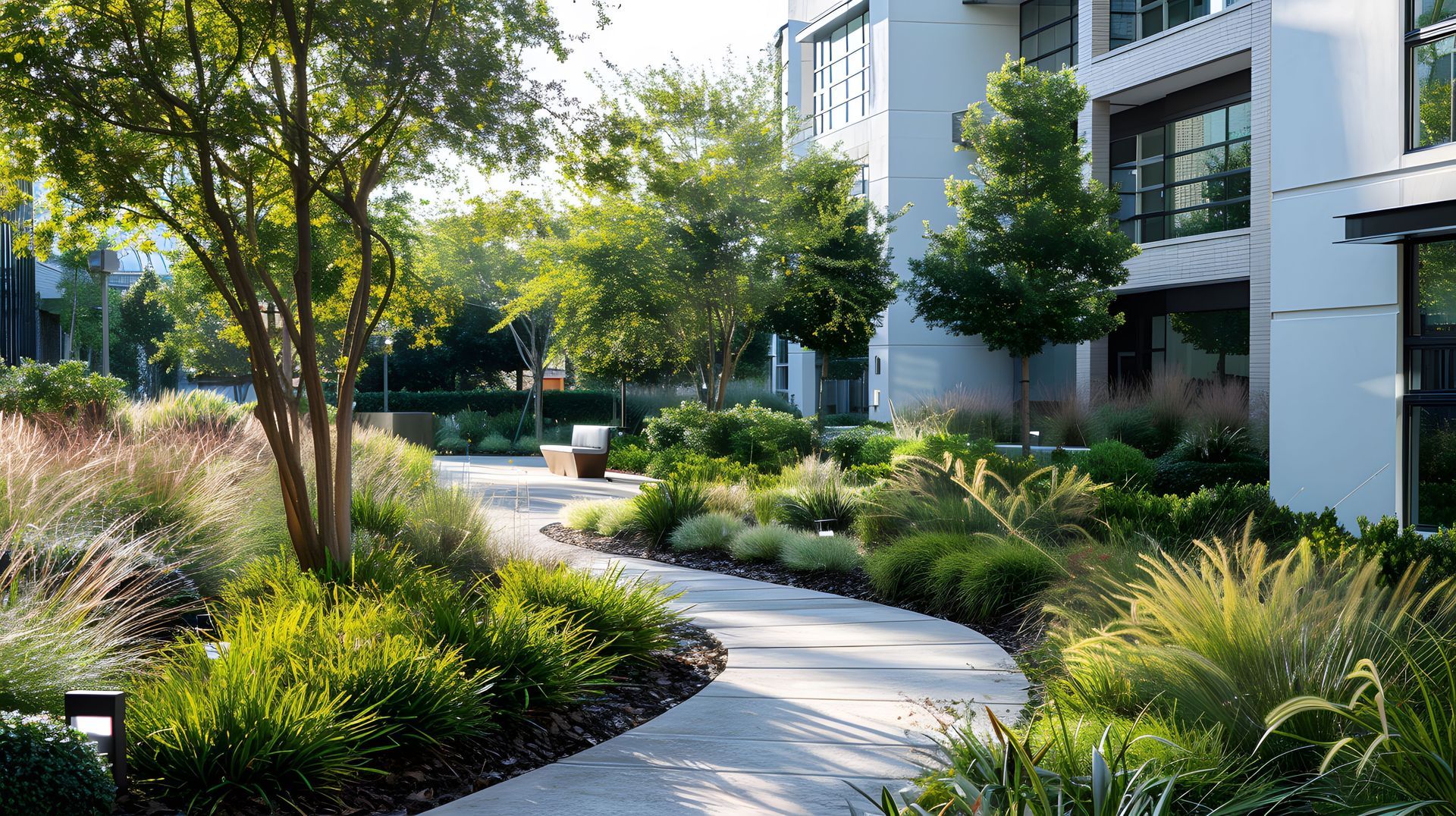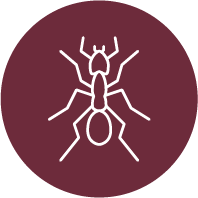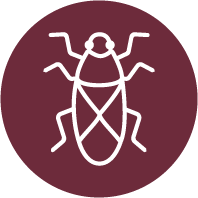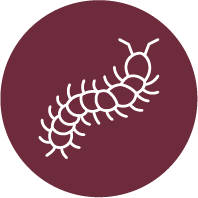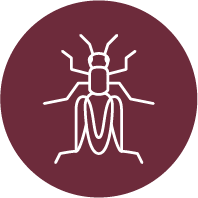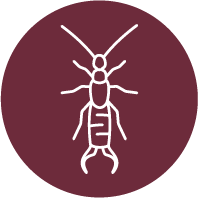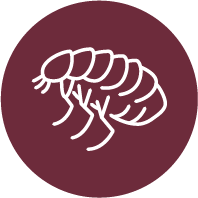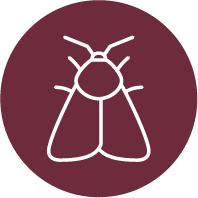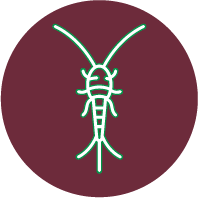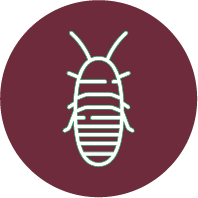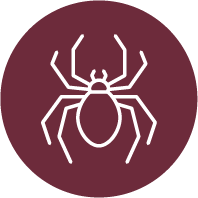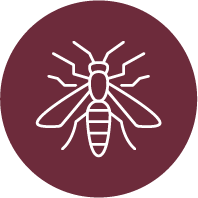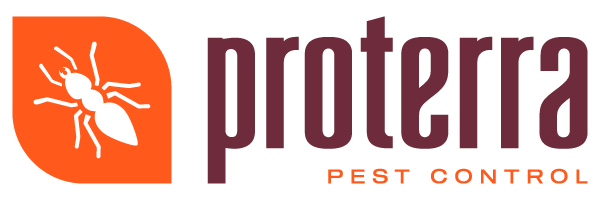How to Control Spider Infestations in Your Home
Do you feel like spiders have taken over your home? If so, it's time to take action. Although often seen as a nuisance pest that can lead to health issues, there are numerous methods of spider control available - from preventative tips and effective population management techniques to natural alternatives for keeping them away from your abode.
Through this article, we will provide comprehensive guidance on recognizing common signs of an infestation and managing the problem with ease.
Common Spider Species Found in Homes
Spiders can be a nuisance and potential health hazard if left unchecked, but identifying the species of spiders commonly found in homes is key for successful prevention and control. Commonly encountered kinds of arachnids include house spiders, cellar spiders, wolf spiders, jumping spiders, tarantulas, as well as the notorious black widow spider. Each of these species has different characteristics, which can help you to better identify and control them.
Beyond just traditional treatments, you can also use natural methods to keep spiders away from your home such as applying essential oils or setting up sticky traps. When equipped with the right knowledge and a comprehensive plan of action, it's easy to protect yourself against spider infestations in the future.
Signs of a Spider Infestation
Staying mindful of the indicators of a spider infestation is imperative in order to take preventative measures and protect our homes from spiders that can create serious health issues. Not only do they cause skin inflammation, allergic reactions, and even poisonous bites on occasion but also carry other nasty parasites such as fleas, mites, ticks, or lice which can be detrimental to both human beings and indoor plants alike.
By being aware of the signs of an infestation early on, we can take steps to reduce or eliminate the population before it gets out of control. By being aware of what to search for, we can easily detect entrances where spiders may be sneaking into our homes.
Practical Method of Controlling Spider Infestation
Whether it's a house, office space, warehouse, or garden - spiders have no boundaries when it comes to invading any premises they please. To avoid the spider situation spiraling out of control, it is essential to identify the problem quickly and take proactive steps towards eradicating them as soon as possible.
In order to rid your home of spiders, the smartest thing you can do is call a professional exterminator. With their vast knowledge and experience in identifying spider species as well as assessing the severity of an infestation, they are able to determine which course of action will best suit your situation. Enlisting a pest control company could save you time and energy in the long run. They can also offer additional services such as inspecting for entry points and sealing them up, applying insecticides, and maintaining your property to discourage further infestations.
Taking action immediately to identify an infestation is essential in order to stop it from becoming more severe. By following these steps, you will make sure that nobody uninvited like a spider enters your home.
Do you need pest control services? Proterra Pest Control can help! Click
here to learn more about our company and how we can help you today!
